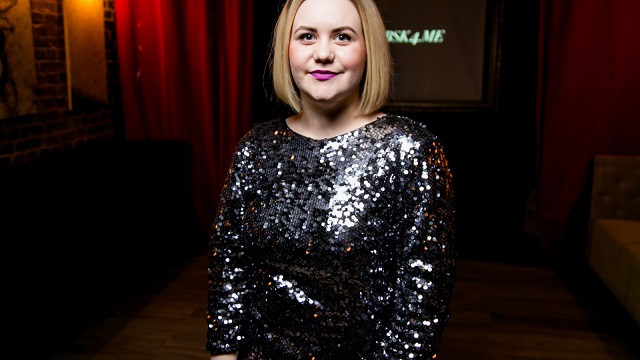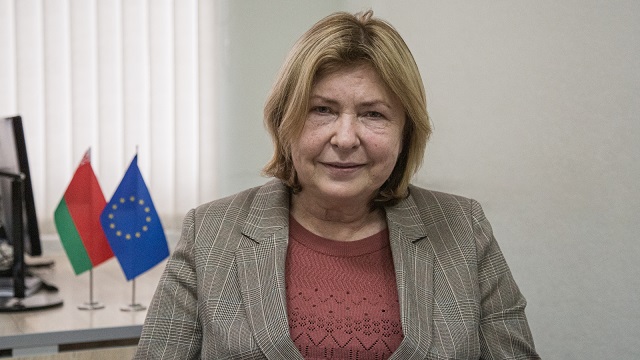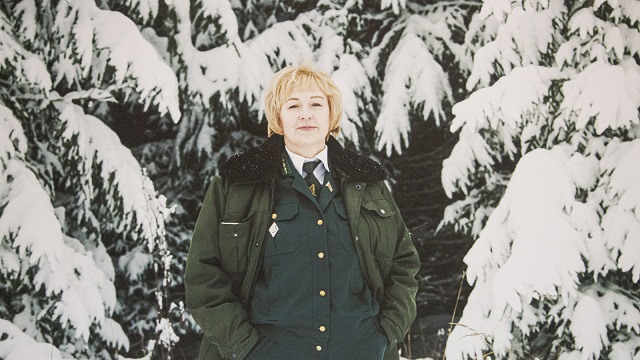EU NEIGHBOURS . Belarusian women are legally limited in their choice of occupation, and on top of that they often face a glass ceiling in their careers.
Read how the European Union helps them reject the norms imposed by the state.
Job bias in Belarus
Belarusian women are legally not allowed to pursue certain occupations, due to a piece of legislation dating back from Soviet times. Although in 2014 the list of prohibited jobs for women was reduced from 252 to 181, today it is still a subject of discussion in Belarus.
Read also
24-year-old Viktoriya Fomina from Viciebsk knew that, despite the list of prohibited professions, women in Belarus were allowed to drive trucks. So when the young woman received her driving licence for category B and C vehicles in 2019, she was very excited to start driving a heavy truck and make good money.
But Viktoriya soon realised that besides the legislative restrictions in her country there was another, more extensive, list of ‘non-female’ professions – one nested in the minds of Belarusian employers.
“When I saw a vacancy for a truck driver, I called the company and asked about the requirements. They wanted to know if I was calling on behalf of someone else, and when I told them I was interested in the job, they said that they would not consider me as a candidate,” recalls Viktoriya.
The young woman also faced a lot of bias while preparing for her driving test, as she was often asked why she wanted to be a truck driver.
“It was ridiculous. After all, no one asks you why you go to the gym, or why you attend a sowing class.”
Although there is no legislative restriction for women in Belarus to work in cargo transportation, they face discrimination in the labour market because of employers’ parochial ideas about ‘female’ and ‘male’ jobs.
Recently, the project organised a photo exhibition titled ‘Her business’ that showed Belarusian women in non-traditional occupations. One of the women in the photographs was Alena Koroleva, a forester in the Hrodna region. She has been working a ‘male job’ for years, and has always felt comfortable:
“There are very few women in this field of work, but in our team we get along.”
Alena manages 25 foresters, who cover a total of 9,000 hectares. She says confidently: “A woman can do anything, and she should not be limited in her choice of work.”
Author: Elena Spasyuk
Article published in Russian by Naviny.by
Viktoriya Fomina from Viciebsk (Photo from personal archive of Viktoriya Fomina)































































